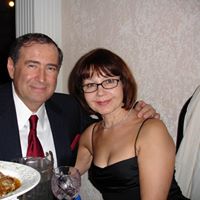What did Tchaikovsky name his serenade in B-flat minor for violin and orchestra?
Pyotr Ilyich Tchaikovsky (Russian: Пётр Ильич Чайковский, 7 May 1840 – 6 November 1893) was a Russian composer of the Romantic period. He was the first Russian composer whose music would make a lasting impression internationally. He was honored in 1884 by Tsar Alexander III and awarded a lifetime pension.
The Sérénade mélancolique in B-flat minor for violin and orchestra, Op. 26 (Russian: Меланхолическая серенада), was written by Pyotr Ilyich Tchaikovsky in February 1875. It was his first work for violin and orchestra, and was written immediately after completing the Piano Concerto No. 1 in B-flat minor.
While his music has remained popular among audiences, critical opinions were initially mixed. Some Russians did not feel it was sufficiently representative of native musical values and expressed suspicion that Europeans accepted the music for its Western elements. In an apparent reinforcement of the latter claim, some Europeans lauded Tchaikovsky for offering music more substantive than base exoticism and said he transcended stereotypes of Russian classical music. Others dismissed Tchaikovsky's music as "lacking in elevated thought" and derided its formal workings as deficient because they did not stringently follow Western principles.
More Info:
en.wikipedia.org






